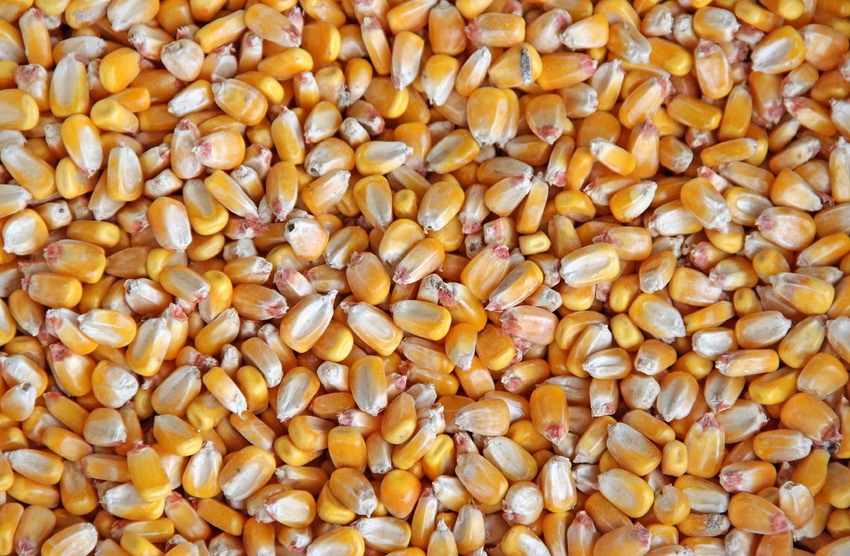January 10, 2013

In a shot heard round the GM world, Mark Lynas, a pioneer in the anti-GM movement, came out as a full-fledged advocate of genetic crop modification.
Speaking at a farming conference Jan. 3, in Oxford, England, Lynas' blunt words served as both declaration and confession. His delivery was no rendition of scientific boilerplate, Lynas was chunking verbal hand grenades into the arena: “The GM debate is over … You are more likely to get hit by an asteroid than to get hurt by GM food. More to the point, people have died from choosing organic, but no one has died from eating GM.”
His reversal may end up as a significant benchmark for the GM crop industry. Lynas, a journalist and anti-GM heavyweight, played a pivotal role galvanizing anti-GM forces in the 1990s. This is the same activist that shoved a pie in the face of environmental skeptic Bjorn Lomborg during a book signing/presentation in 2002. (Video of the Lomborg pie incident)
Taking no prisoners, Lynas spoke without nuance or subtlety: “The real Frankenstein’s monster was not GM technology, but our reaction against it.”
Why the about-face for Lynas? He couldn’t escape the burden of science. “I discovered that one by one my cherished beliefs about GM turned out to be little more than green urban myths.”
Lynas said he put aside frankenfoods rhetoric and started looking at the data. The result was a Road-to-Damascus change.
• “I’d assumed that it would increase the use of chemicals. It turned out that pest-resistant cotton and maize needed less insecticide.”
• “I’d assumed that GM benefited only the big companies. It turned out that billions of dollars of benefits were accruing to farmers needing fewer inputs.”
• “I’d assumed that no-one wanted GM. Actually what happened was that Bt cotton was pirated into India and Roundup Ready soya into Brazil because farmers were so eager to use them.”
• “I’d assumed that GM was dangerous. It turned out that it was safer and more precise than conventional breeding using mutagenesis for example; GM just moves a couple of genes, whereas conventional breeding mucks about with the entire genome in a trial and error way.”
After describing the circumstances behind his conversion, Lynas then took a hammer to the sacred cow of organics, calling it a rejectionist movement frozen in 1950s technology that claims a “monopoly of virtue.”
“One farming system cannot claim to have a monopoly of virtue … It seems like almost everyone has to pay homage to ‘organic’ and to question this orthodoxy is unthinkable. Well, I am here to question it today.”
Lynas’ speech has reverberated across Europe, where EU regulations have a stranglehold on genetic engineering. Just a few months ago, Maurice House, minister counselor on food and agriculture for the US mission to the EU, offered a grave warning, "In an era of globalization, Europe is in danger of becoming a food museum.”
While Europe bleats about the evils of GM, Africa sticks its head in the sand (Kenya banned GM crops in 2012), and India looks backwards — world population is hurtling down the track toward the 9.5 billion mark by 2050. There is no turning the demographic train around: There will be 2.5 billion more mouths to feed in 2050. And yet, the anti-GM movement takes a happy-in-hell approach and attempts to block GM crops at every turn.
Despite Lynas’ unflinching speech, the anti-GM movement will go on whistling past the graveyard. As for Lynas, he is off the anti-GM reservation and won't be going back. The weight of science was too heavy and the consequences of denial too grave: “The risk today is not that anyone will be harmed by GM food, but that millions will be harmed by not having enough food, because a vocal minority of people in rich countries want their meals to be what they consider natural.”
(See here for a video and transcript of Mark Lynas’ speech.)
(See video interview with Lynas discussing his GM reversal.)
About the Author(s)
You May Also Like






